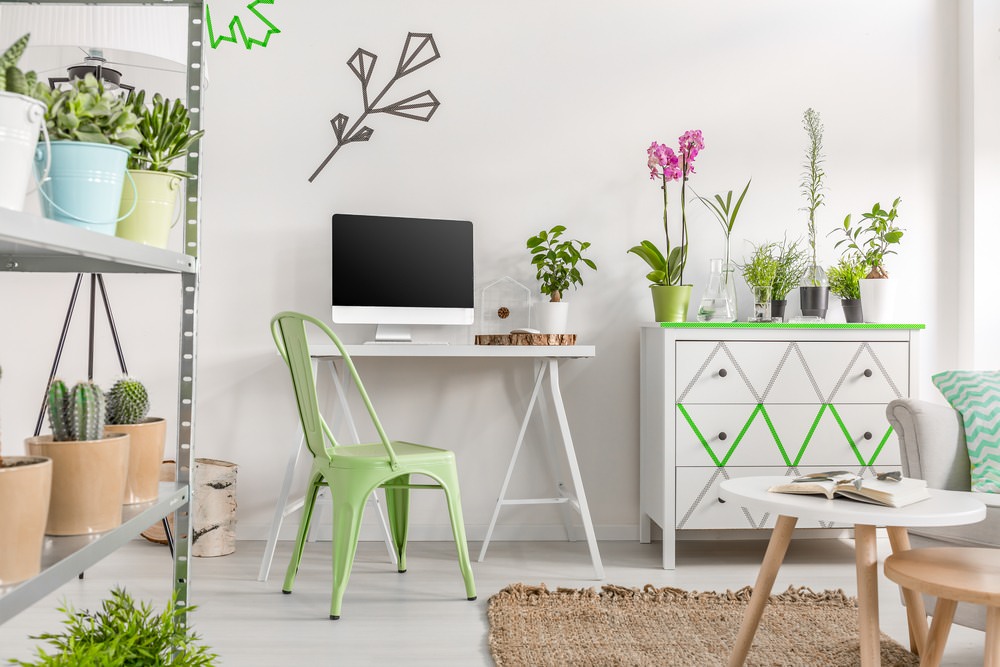Sustainability is a word that the current generation is becoming increasingly aware of. And for a good reason. With how fast our world is progressing, many “new-world” problems are being introduced, which many the general public may have not even considered. These issues include an increased prevalence of tropical diseases, loss of biodiversity and habitats, threats to food security etc.
In 2015, the UN proposed 17 different goals to ensure a better future for future generations, which was attained by 2030. These goals, called the Sustainable Development Goals (SDG’s), have put more pressure on countries around the world to re-evaluate their practices and do all they can to reach all these goals. Australia’s position on the SDG index in 2020 placed them in the 37th rank out of 166 countries, reflecting the immense effort to prioritise the SGD’s.
Contrary to popular belief, becoming more eco-friendly is not as extreme as people assume it to be. It can include minor changes such as switching to reusable coffee cups in Australia instead of the disposable paper ones or even shopping from thrift stores more often than fast-fashion outlets.
Here is a list of products or practices you can adopt to live an eco-friendly lifestyle.
Eco-friendly home items
Reusable shopping bags
This is a relatively common option, and many stores worldwide have entirely ceased using plastic shopping bags. Instead, they encourage customers to bring their cloth bags or offer cloth/ paper bags in-store for a small fee.
Biodegradable garden pots
This cool concept is relatively new and is intended to keep gardens free of rubber and plastic pollution. They are made up of recycled materials giving them an earthy and rustic finish. They also take around a year to decompose.
Compostable dishes
Perfect for parties and big gatherings, these dishes are made out of natural materials such as palm/ banana leaves, sugarcane fibres etc. They reduce the need for plastic or paper plates and are biodegradable, making their disposal much more environment-friendly.
Composatble bin liners
Bin liners are notoriously famous for being made out of plastic and break down to leave a significant concentration of microplastic residue in the soil. Through surface runoff, these microplastics can reach water bodies, contaminating our food supply while also suffocating the numerous marine animals that cannot digest these plastics.
Compostable bin liners are usually 100% biodegradable and have shown to leave no detectable residue behind. They are also free of common plastic additives harmful to the environment, such as PVS, polystyrene etc.
Recycled personal accessories
Recycled ocean plastic eyewear
These products reuse plastic found in the ocean and ropes and net remnants, turning them into trendy eyewear, available in many colours, sizes and styles.
Coffee mugs and lids
Coffee mugs and their plastic lids contribute to a lot of waste and are quite harmful to marine creatures. Many reusable coffee mugs are now available on the market and are made from various recycled materials such as coffee husk and bamboo. You can find numerous reusable coffee cups in Australia that are often sold along with lids in different sizes, suiting your every need.
Cutlery and straws
Plastic straws are infamous for killing numerous turtles and led to one of the biggest “trends” seen during the early days of TikTok – the ‘save the turtles’ campaign say many people invest in rubber or steel straws to minimise their plastic usage, further glamorised by the ‘VSCO girl’ aesthetic. Reusable cutlery is also available and is so much more convenient to use and safer for the environment.
